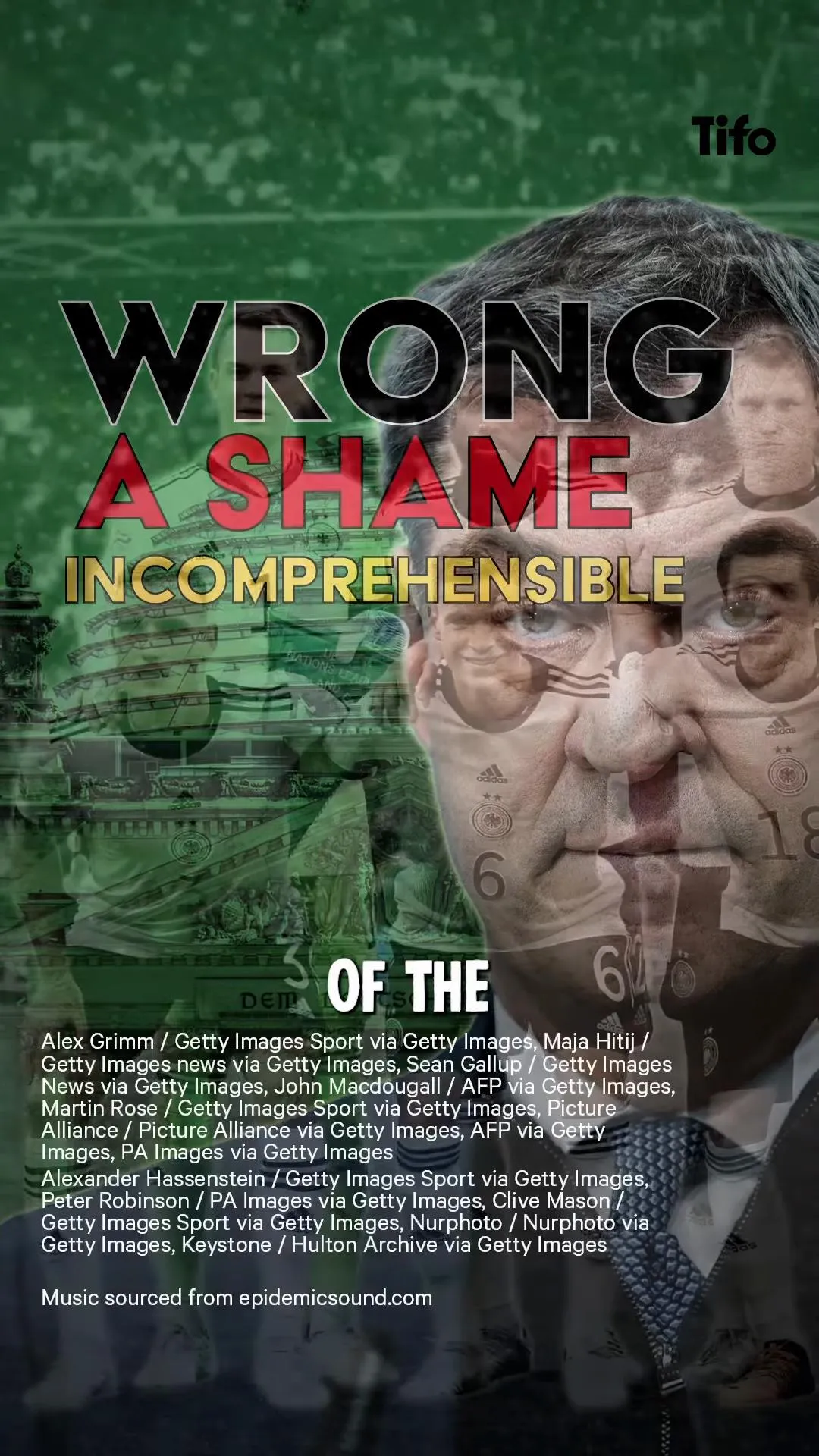The Nike Germany controversy has stirred significant debate among football fans, sports analysts, and even government officials. Why did the German national team decide to switch from Adidas to Nike after more than seventy years? What implications does this have for the future of sports sponsorship in Germany? The answer lies in a lucrative deal worth over one hundred million euros. This unexpected transition highlights the complex relationship between national identity and global branding, raising questions about loyalty, heritage, and the commercialization of sports.
This article dives deep into the Nike Germany controversy, exploring its origins, the reactions from various stakeholders, and what it means for the future of football in Germany.
Nike Germany Controversy: A Major Shift in Sports Sponsorship
In March 2024, the announcement that the German national football team would part ways with Adidas, a brand deeply intertwined with the country’s football heritage, came as a shock. The decision to wear Nike kits from 2027 to 2034 marks a significant turning point in sports sponsorship. But why did this happen?
The Historic Connection Between Adidas and German Football
Adidas, founded in the Bavarian town of Herzogenaurach, has been a cornerstone of German football for decades. The brand not only provided kits for the national team but also played a vital role in shaping the identity of German football. Adidas built the national team’s training base and holds an 8% share in Bayern Munich, Germany’s most successful football club. This deep-rooted connection makes the switch to Nike not just a corporate decision, but a cultural shock.
Government Reactions to the Switch
The decision triggered a wave of criticism from German politicians. Economics Minister Robert Habeck expressed disbelief, stating he could hardly imagine Germany without the iconic three stripes of Adidas. Bavarian Prime Minister Markus Söder went further, calling the move “wrong, ashamed, and incomprehensible.” Such strong reactions underline the emotional and nationalistic ties that many Germans feel towards Adidas.
Public Sentiment and Media Responses
The media has also been vocal about the Nike Germany controversy. Various outlets highlighted accusations against the German Football Association (DFB) for a perceived lack of patriotism. Critics argue that the decision undermines the national identity that Adidas has built over the years. Public sentiment is mixed, with many fans expressing discontent over the perceived betrayal of a homegrown brand.
Financial Implications of the Deal
This monumental deal with Nike is worth over 100 million euros. It raises important questions about the financial motivations behind such sponsorships:
- What does this mean for the future of sports marketing in Germany?
- Will other teams follow suit, abandoning traditional sponsors for more lucrative deals?
- How will this impact local businesses that rely on the visibility of established brands like Adidas?
The Impact on Football Culture in Germany
The Nike Germany controversy extends beyond mere corporate sponsorship; it delves into the very fabric of football culture in Germany. The switch signifies a shift in values, where financial gain seems to overshadow tradition and loyalty.
As the DFB embraces a new era with Nike, the implications for football culture are profound. The change could lead to a transformation in how fans relate to their national team and its identity.

What Does This Mean for Future Sponsorships?
The implications of this switch could lead to a broader reevaluation of sponsorships within football and other sports. As teams weigh the financial benefits against their historical ties, we may see more teams opting for lucrative deals that prioritize profit over tradition.
Potential Backlash from Fans
While financial gains are evident, the backlash from fans could be significant:
- Loss of emotional connection with the team.
- Perceived betrayal of national pride.
- Calls for boycotts against Nike products.
Analyzing the Long-Term Effects on Adidas and Nike
The Nike Germany controversy not only affects the DFB but also places Adidas under scrutiny. What will be the long-term implications for Adidas?

Adidas’ Response to the Controversy
As the dust settles, Adidas must navigate the aftermath of losing a significant partnership. The brand has historically been associated with national pride and success. How can Adidas regain its position in the hearts of German football fans?
Strategic Moves by Adidas
To counter the loss, Adidas could consider:
- Investing in grassroots football initiatives.
- Launching campaigns that celebrate German football history.
- Collaborating with local clubs to strengthen community ties.
Looking Ahead: The Future of Football Sponsorships
The Nike Germany controversy serves as a case study for the future of sports sponsorships. With financial considerations taking precedence, teams may increasingly prioritize lucrative deals over traditional affiliations.
As the football landscape evolves, the balance between corporate interests and national pride will be a critical conversation. Will teams remain loyal to their roots, or will they chase the allure of financial gain?
Regardless of the outcome, the Nike Germany controversy has undoubtedly opened a Pandora’s box of discussions about identity, loyalty, and the commercialization of sport in modern society.
For further insights on this topic, you can explore articles from Reuters and Forbes.
In summary, the Nike Germany controversy is not just about a sponsorship deal; it’s a reflection of changing times, where financial interests often overshadow long-standing traditions. As fans, stakeholders, and society at large grapple with these changes, the conversation around loyalty and identity in sports sponsorship will continue to unfold.
